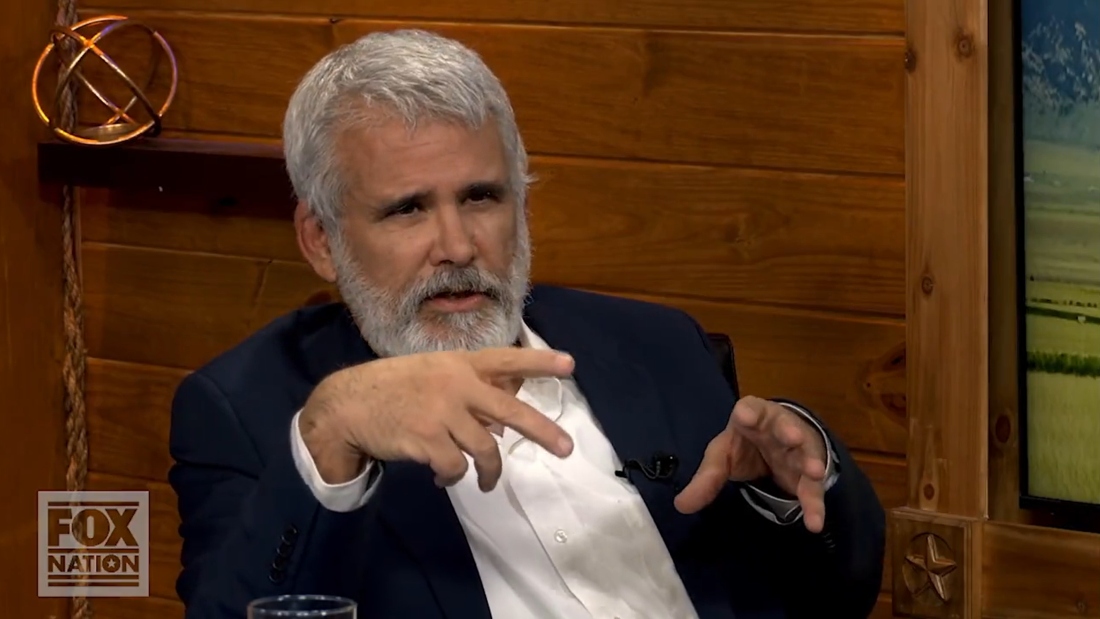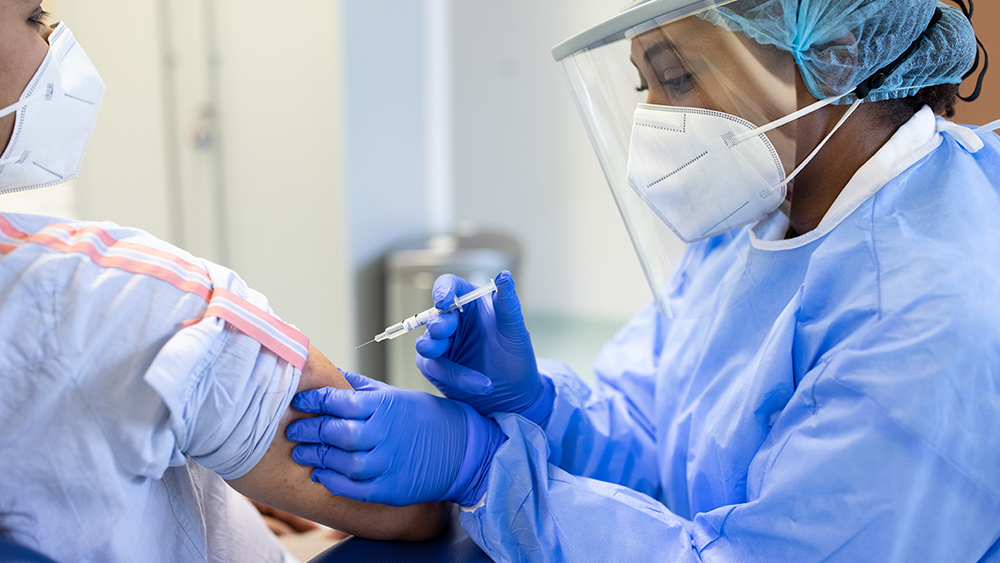How can acupressure help with musculoskeletal pain?
03/20/2019 / By Edsel Cook

Are any of the various joints, muscles, nerves, and tissues that connect your muscles to your skeleton causing you agony? Acupressure therapy can help relieve pain stemming from musculoskeletal disorders.
Due to its very nature and purpose, the musculoskeletal system is constantly in use, even when a person is nominally at rest. In addition to the typical wear and tear inflicted by everyday life, the system can also suffer considerable injury due to a sudden spike of physical activity or an unforeseen accident.
The pain that results from this injury can be so bad, it will hamper the normal movement of any body part connected to the injured region while it slowly heals. This can all but cripple you, forcing you to look for ways to alleviate the pain in order to regain a useful level of mobility in the affected joint or limb.
Acupressure offers a natural answer to the painful problem of musculoskeletal disorders. By applying steady pressure to specific points on the skin, the pain experienced by irritated, strained, or swollen parts of the body can be reduced to much safer levels. (Related: Sleepless nights? Researchers find that acupressure can help.)
Acupressure can amend these musculoskeletal problems in your body
Arthritis is a common inflammatory disorder where chronic inflammation plagues the joints and causes cartilage to wear out faster than normal. However, the considerable pain caused by this disorder can be relieved by activating the right acupressure points.
Back pain comes from either strain that accumulated in the back muscles or decreasing muscular strength due to reduced usage of such muscles. It can be reduced through acupressure treatment that relaxes the back and supports weakened muscles.
Chronic pain includes any kind of hurtful sensation that lasts for more than three months. To amend this enduring pain, stimulate the appropriate acupressure points that are associated with the problematic body parts or areas.
Fibromyalgia triggers pain all over the body. Attributed to severe injury, harsh illnesses, or even emotional problems, it can eventually develop into the even more debilitating chronic fatigue syndrome.
Fortunately, acupressure therapy can mitigate symptoms associated with both fibromyalgia and chronic fatigue syndrome. It can lift fatigue and help people overcome problems with their sleep.
Similar to arthritis, tendonitis is an inflammatory disease that affects the tissues that connect muscles to bones. The swelling can be mitigated by acupressure sessions, thereby restoring any lost mobility.
Reduce pain, restore mobility, and rehabilitate injuries with the help of acupressure points
The sciatic nerve is the longest nerve in the body. It starts at the lower spine and terminates at the foot. If it gets injured or stressed, it can inflict sharp pain throughout the lower back, hips, buttocks, and legs.
This sciatica can be amended by activating certain points on the lower back and the hips. These acupressure points will relax the muscles and decrease inflammation, thereby taking pressure off the sciatic nerve.
Insomnia is a sleep problem that is linked with musculoskeletal disorders. Restoring the ability to sleep soundly will improve the healing process, so treating insomnia through acupressure is an indirect but considerable help.
Participating in sports and other intense physical activities causes all kinds of injuries. Sprains and strains are the most numerous cases experienced by athletes. The anti-inflammatory effects of acupressure makes it easier for injured ligaments, muscles, and tendons to heal themselves.
Carpal tunnel syndrome describes the painful sensation that seizes the wrist whenever the median nerve gets squeezed as it courses through the aforementioned tunnel. Acupressure can relieve the pressure on the carpal tunnel and its accompanying pain.
Finally, acupressure is recommended for relieving serious headaches. A single session can turn migraines and tension into mere memories.
Sources include:
Submit a correction >>
Tagged Under:
acupressure, alternative medicine, muscles, natural cures, natural healing, pain relief, remedies, therapies, traditional Chinese medicine
This article may contain statements that reflect the opinion of the author
RECENT NEWS & ARTICLES
COPYRIGHT © 2017 SCIENTIFIC NEWS




















